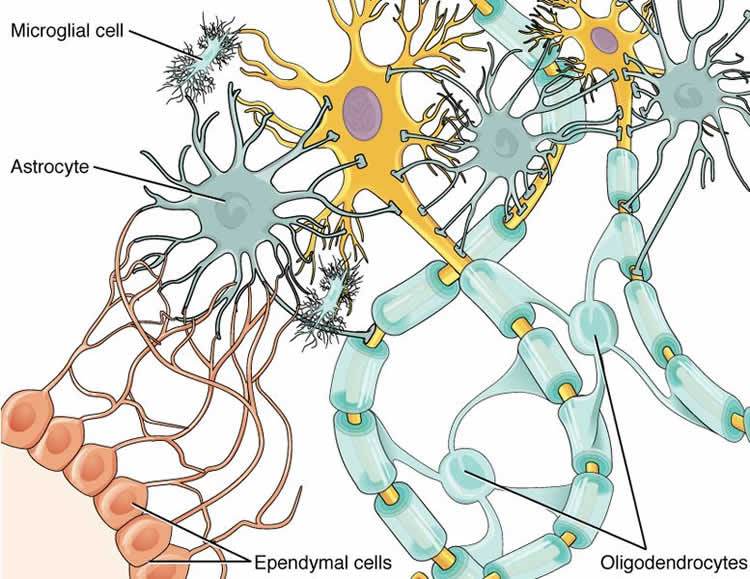After one night of inadequate sleep, brain activity ramps up in pain-sensing regions while activity is scaled back in areas responsible for modulating how we perceive painful stimuli. This finding, published in JNeurosci, provides the first brain-based explanation for the well-established relationship between sleep and pain. In two studies — one in a sleep laboratory and the other online — Matthew Walker and colleagues show how the brain processes pain differently when individuals are sleep deprived and how self-reported sleep quality and pain sensitivity can change night-to-night and day-to-day. When the…
Read MoreCategory: Health
Short bouts of stairclimbing throughout the day can boost health
It just got harder to avoid exercise. A few minutes of stair climbing, at short intervals throughout the day, can improve cardiovascular health, according to new research from kinesiologists at McMaster University and UBC Okanagan. The findings, published in the journal Applied Physiology, Nutrition and Metabolism, suggest that virtually anyone can improve their fitness, anywhere, any time. “The findings make it even easier for people to incorporate ‘exercise snacks’ into their day,” says Martin Gibala, a professor of kinesiology at McMaster and senior author on the study. “Those who work in…
Read MoreAlexandria Ocasio-Cortez Shares Her Skin Care Routine On Instagram
Rep. Alexandria Ocasio-Cortez (D-N.Y.) isn’t above talking about skin care. Following her appearance at the Sundance Film Festival on the weekend, the congresswomen went on Instagram to field questions from her followers about skin care. She also praised the “lounge uniform” and cited matching pajamas as a key to success. “How do you stay stress free and how do you keep your skin so clear?!” one individual asked, to which the Bronx native wrote, “I do NOT stay stress-free.” Then she revealed that while skin care doesn’t necessarily help with stress, it’s still…
Read MoreNew Cause of Schizophrenia Uncovered
A new study from the University of Copenhagen shows that genetic defects may damage the supporting cells of the brain – the glial cells – which may lead to a number of brain disorders, including schizophrenia. The study is based on ground-breaking tests with mice whose brains were colonized with human glial cells. When the brain is formed in the embryonic stage, this happens partly according to a recipe from a particular type of stem cells – the progenitor cells. They develop into brain support cells, called glial cells, which…
Read MoreExercise before surgery can protect both muscle and nerves, study suggests
Exercise can protect both muscle and nerves from damage caused by the restoration of blood flow after injury or surgery, new research from the University of Virginia School of Medicine shows. UVA’s Zhen Yan, PhD, a top expert on the cellular benefits of exercise, and his team are working to better understand how the body is damaged by the restoration of blood flow — known as ischemia reperfusion injury — and to find ways to improve outcomes for people who suffer it, including surgery and trauma patients and soldiers injured…
Read More




